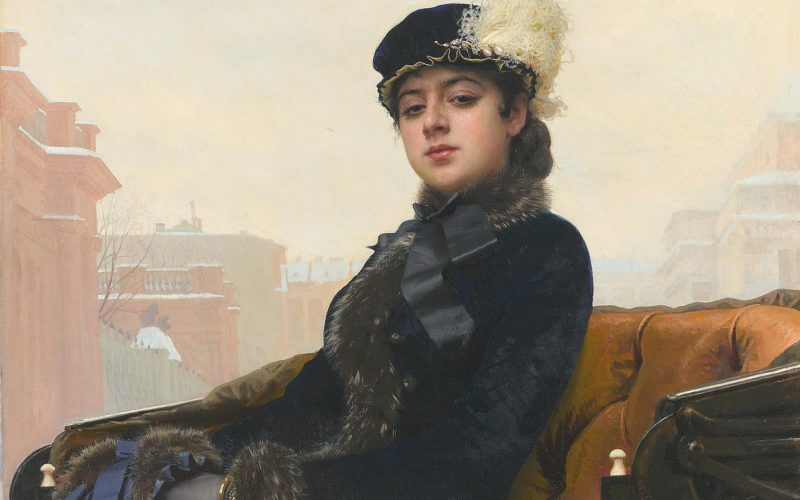Dostoyevsky: The Problem of Pain, Part Two (4/4)
Debating an atheist about evil is one thing, but how could we respond at the bedside of a dying child in the house of a desperate family? Dostoyevsky’s own son died at three years old, and interweaved in his Magnum Opus is a profound reflection on the result of tragedy––and how to keep tragedy from unraveling everything you care about.

